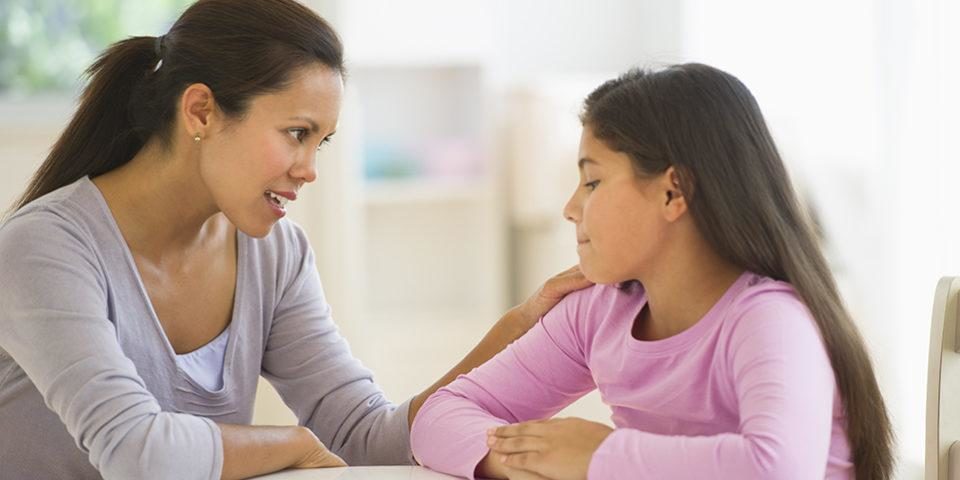How to talk to children about COVID-19
April 13, 2020
Just like all of us, children are hearing about coronavirus, which can be scary and confusing. To help parents ease their children’s anxiety, Robin LaCroix, MD, Pediatric Infectious Disease, offered some tips on navigating the conversation and supporting your children.
How to talk to children
- Share information. It is important for adults to share information about the situation because when information is withheld, children can make up worse scenarios in their minds that cause even more anxiety.
- Be honest. When sharing information with children, it is important to provide the truth. Telling children dishonest information can impact their ability to trust adults in the future.
- Be developmentally appropriate. Only provide information that will be understood by the children. Younger children need simple explanations; whereas, older children need more information to fully process and cope with the situation.
- Learn from your children. Start the conversation by asking children what they have heard about the coronavirus and address any misconceptions. Ask if they have any questions or concerns and focus the conversation on addressing their needs.
- Go at the child’s pace. Children do not need to know all of the information at once. Follow your children’s lead and use their cues to determine when to end the conversation.
- Ongoing conversations. Have multiple conversations over time. Make sure children know that you are available to talk or answer any questions. Assure the children that you will keep them updated as you learn more about the virus.
Ways to support children
- Focus on what you are doing to stay safe. Remind children of the things you are doing as a family to protect yourself from getting sick, such as washing your hands and keeping your hands away from your face.
- Give children a job. Empower your children by letting them know they can help themselves stay healthy. Practice hand washing for 20 seconds. Including children in care helps them feel more in control over the situation.
- Maintain a routine. Try to keep things as normal as possible at home. This can be hard when children are pulled from school, but establishing continuity can support children during times of uncertainty. Give them permission to continue to do the things they enjoy.
- Stay virtually connected. Call or video chat with family members who are outside of the house to stay connected. Encourage virtual family dinners with grandparents, extended family and friends.
- Limit news and TV exposure. Children are constantly being exposed to conversations about the coronavirus. Try to reduce exposure by turning news stations off the TV and radio. It is better for information to come from you because you can filter what is being said, than for children to hear it from the news.
- Establish a family plan. Talk with your children to figure out what they need from you. Some children need a lot of information while others only need information when something new is happening. Create a plan with the children about how much and when to share information. Remind them that you are there to support them.
Find a doctor
Whether you’re looking for a primary care physician or need to see a specialist, we’re here to help with experienced, compassionate care near you.
Find a Doctor

